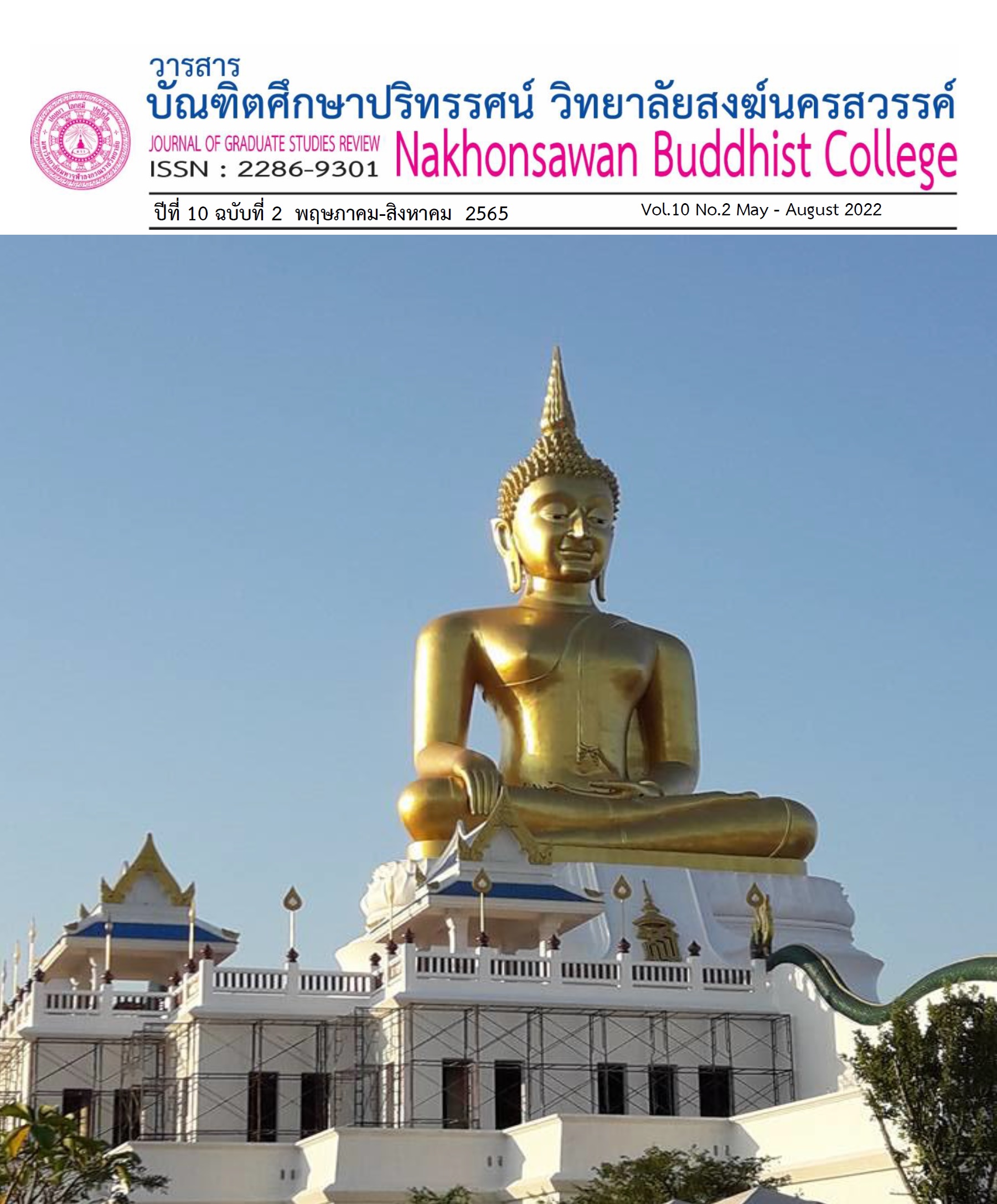การศึกษาเปรียบเทียบกฎหมายรัฐธรรมนูญและสถาบันการเมือง ของมาเลเซียและเนการาเนการาบรูไนดารุสซาลาม กฎหมายรัฐธรรมนูญ, สถาบันการเมือง
Main Article Content
บทคัดย่อ
บทความวิจัยนี้มีวัตถุประสงค์เพื่อ 1) เพื่อศึกษาวิวัฒนาการของกฎหมายรัฐธรรมนูญและสถาบันทางการเมืองตั้งแต่อดีตถึงปัจจุบันของสหพันธรัฐมาเลเซียกับเนการาบรูไนดารุสซาลาม
2) เพื่อศึกษาวิเคราะห์เปรียบเทียบ ความหมาย ประเภท วัตถุประสงค์ของกฎหมายรัฐธรรมนูญ และสถาบันทางการเมืองตามกฎหมายรัฐธรรมนูญของสหพันธรัฐมาเลเซียและเนการาบรูไนดารุสซาลาม 3) เพื่อศึกษาวิเคราะห์เปรียบเทียบความสัมพันธ์ระหว่างอำนาจนิติบัญญัติกับอำนาจบริหารตามกฎหมายรัฐธรรมนูญในรูปแบบการปกครองตามระบอบประชาธิปไตยของมาเลเซียกับเนการาบรูไนดารุสซาลาม และ 4) เพื่อศึกษาข้อดีของกฎหมายรัฐธรรมนูญและสถาบันการเมืองของมาเลเซียกับเนการาบรูไนดารุสซาลามเพื่อนำมาเป็นแนวทางแก้ไขปรับปรุงกฎหมายรัฐธรรมนูญและสถาบันการเมืองการปกครองของราชอาณาจักรไทย
การวิจัยครั้งนี้เป็นการวิจัยเชิงคุณภาพ ผู้วิจัยได้นำเอาข้อมูลที่ได้จากการศึกษาและรวบรวมจากเอกสารต่างๆ มาวิเคราะห์เปรียบเทียบด้วยวิธีการพรรณนา ตามแนวคิดและทฤษฎีและกฎหมายรัฐธรรมนูญที่เกี่ยวข้อง เพื่อแสดงให้เห็นถึงบทบัญญัติตามรัฐธรรมนูญ อำนาจหน้าที่ของสถาบันทางการเมืองต่างๆ โดยการเชื่อมโยงเนื้อหาอย่างเป็นระบบ
ผลการวิจัยพบว่า
รัฐธรรมนูญมาเลเซียกับเนการาเนการาบรูไนดารุสซาลาม ได้จัดทำขึ้นหลังได้รับเอกราชในเวลาใกล้เคียงกัน รัฐธรรมนูญมาเลเซียมีผลบังคับใช้เมื่อวันที่ 27 สิงหาคม พ.ศ. 2500 และได้รับเอกราชอย่างเป็นทางการในวันที่ 31 สิงหาคม พ.ศ. 2500 ส่วนเนการาบรูไนดารุสซาลามได้จัดทำรัฐธรรมนูญขึ้นเมื่อวันที่ 29 กันยายน พ.ศ. 2502 และได้รับเอกราชอย่างสมบูรณ์เมื่อวันที่ 1 มกราคม พ.ศ. 2527 แม้ว่าทั้งสองประเทศต่างก็เคยเป็นรัฐภายใต้การปกครองของสหราชอาณาจักรแต่ทั้งสองประเทศได้ปรับให้รัฐธรรมนูญเป็นรูปแบบลายลักษณ์อักษร มาเลเซียปกครองด้วยระบอบประชาธิปไตยอันมีพระมหากษัตริย์ภายใต้รัฐธรรมนูญ มีรัฐสภาที่เป็นระบบสภาคู่ ส่วนเนการาบรูไรดารุสซาลามปกครองด้วยระบอบประชาธิปไตยแบบสมบูรณาญาสิทธิราชย์ มีรัฐสภาที่เป็นระบบสภาเดียวคือสภานิติบัญญัติแห่งชาติและพระมหากษัตริย์ทรงปกครองแบบเบ็ดเสร็จเด็ดขาด ทั้งสองประเทศได้มีการกำหนดหลักความเป็นกฎหมายสูงสุดของรัฐธรรมนูญบัญญัติไว้ในรัฐธรรมนูญของประเทศ ทั้งสองประเทศมีสถาบันหลักคือสถาบันประมุข สถาบันฝ่ายบริหาร และสถาบันรัฐสภา ที่ยึดถือปฏิบัติตามหลักที่กำหนดไว้ในรัฐธรรมนูญอย่างเคร่งครัดโดยนำหลักการบริหารที่ยึดหลักคุณธรรม จริยธรรม และความเสมอภาคมาใช้ในการบริหารและปกครองประเทศ เนการาเนการาบรูไนดารุสซาลามใช้หลักรัฐสวัสดิการเต็มรูปแบบในการดูแลผู้ใต้ปกครอง สหพันธรัฐมาเลเซียก็เช่นเดียวกันที่เมื่อผู้บริหารไม่สามารถแก้ไขปัญหาของประเทศได้ก็ลาออกทั้งคณะเพื่อเป็นการแสดงความรับผิดชอบ ดังนั้นจึงทำให้ทั้งสองประเทศมีรัฐธรรมนูญที่มีความเสถียรมั่นคง แตกต่างกับราชอาณาจักรไทยที่เมื่อเกิดปัญหาในการบริหารประเทศจนเกิดความแตกแยกทางความคิดและแตกแยกทางการบริหารก็มักจะเปิดช่องโหว่ให้ทหารมีโอกาศเข้ามายึดอำนาจปกครองรวมทั้งยกเลิกรัฐธรรมนูญของประเทศ พร้อมกับการกำหนดเงื่อนไขให้มีอำนาจเหนือรัฐธรรมนูญโดยกำหนดไว้ในรัฐธรรมนูญและไม่เป็นที่ยอมรับของประชาชนดังเช่นรัฐธรรมนูญแห่งราชอาณาจักรไทย พุทธศักราช 2560


